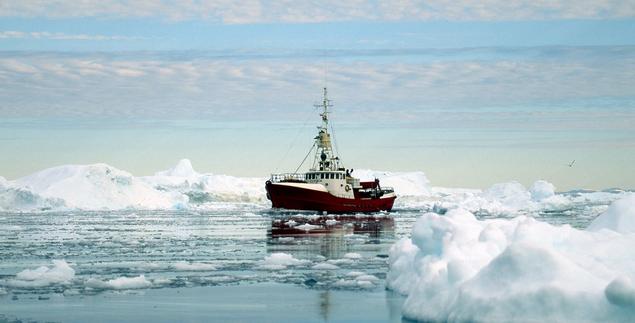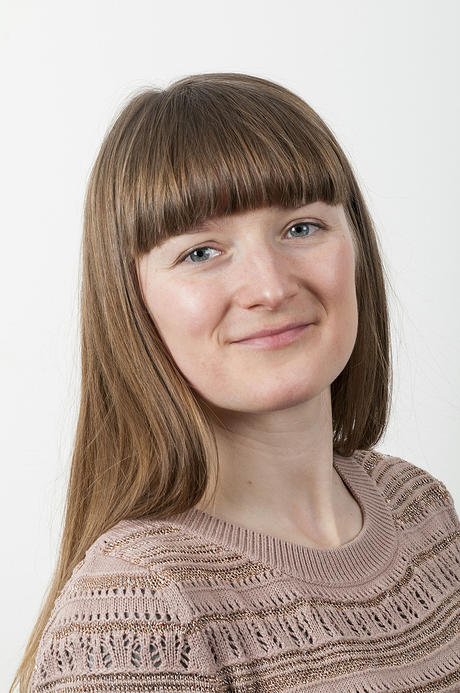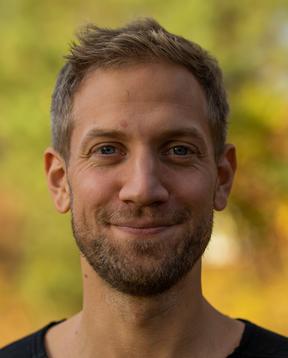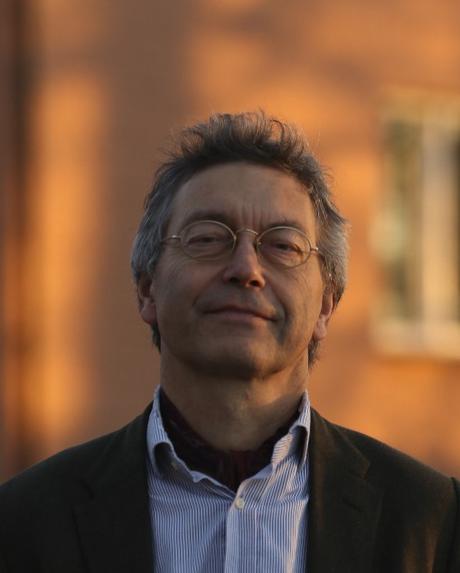Svalbard, EU and the green transition: New research projects awarded to FNI

The Fridtjof Nansen Institute (FNI) has received funding for three large, multi-partner research projects: one on Norway's 'green transition', one on EU energy market regulations, and one focusing on new economic possibilities on Svalbard.
The grants were announced on 13 December, when the Research Council of Norway (RCN) presented its annual research funding decisions in the categories ‘Competence-building projects for the private sector’ (‘Kompetansebyggende prosjekter for næringslivet’) and ‘Collaborative projects for societal challenges and business development’ (‘Samarbeidsprosjekter or samfunnsutfordringer og næringsutvikling’). These are projects that require collaboration with partners outside academia, and which are designed to build knowledge, expertise and practical approaches to dealing with societal challenges.
In order to solve the challenges of our time, we must work together. With these projects we’re bringing the best minds from the research community together with those closest to the actual challenges’, said the Minister for Research and Higher Education in Norway, Iselin Nybø in a statement.
FNI has been granted funding for three different projects – two of which will be coordinated and led by FNI, and one where we are a contributing research partner.
EU energy market regulations
 One of the projects which passed the RCN bar concerns EU energy policies. This project, titled ‘Implementing Network Codes’ (INC), will focus on the nitty-gritty of EU electricity market regulations, and how these are implemented at member-state level. Specifically, the project will analyse whether the process of implementation enables customized solutions at the national and regional level, or leads to greater EU integration.
One of the projects which passed the RCN bar concerns EU energy policies. This project, titled ‘Implementing Network Codes’ (INC), will focus on the nitty-gritty of EU electricity market regulations, and how these are implemented at member-state level. Specifically, the project will analyse whether the process of implementation enables customized solutions at the national and regional level, or leads to greater EU integration.
The project will involve 17 public and private partners, including the University of Oslo (UiO), Thema Consulting Group, the Norwegian Ministry of Petroleum and Energy, DNV GL, Energy Norway, Statkraft and a long list of other power- and grid-related companies. The project also has strong international research partnerships, including the Florence School of Regulation, the University of Göttingen, Utrecht University and the University of Exeter.
INC will investigate how EU energy market legislation is implemented. Policies must not only be adopted, but also implemented. It is here that political conflicts and negotiations on specific rules for the electricity system are thrashed out’, explains FNI Research Fellow and project leader Torbjørg Jevnaker.
Svalbard’s blue potential
 The second project, titled ‘The Blue Potential on Svalbard: A Hub for Arctic fisheries?’ (SVALFISH), will focus on the ongoing transition on the Svalbard Archipelago, specifically Longyearbyen, now undergoing the transformation from a mining community towards a multi-functional 21st-century Arctic hub.
The second project, titled ‘The Blue Potential on Svalbard: A Hub for Arctic fisheries?’ (SVALFISH), will focus on the ongoing transition on the Svalbard Archipelago, specifically Longyearbyen, now undergoing the transformation from a mining community towards a multi-functional 21st-century Arctic hub.
The project will investigate the potentials and conditions for increased fishery and related activities based on Svalbard, and what this might entail, both for Longyearbyen and for polar fisheries more generally.
The project will examine the new opportunities emerging on and around Svalbard, at a time when everyone is talking about the “blue economy”’, says Andreas Østhagen, FNI Senior Research Fellow, who was instrumental in preparing the application. ‘We have involved the most relevant actors in the field and intend to examine the resource and business potential of increased fisheries around Svalbard, and the societal and political effects of such activity.’
Young research talents
Also the Svalbard project has attracted a substantial list of partners, from both the private and the public sector. These include the Norwegian Fishermen's Sales Organisation, Cape Fish, Polar Seafood, Pole Position, Svalbard Marine Utvikling and the Svalbard Business Council. On the research side, the Centre for the Ocean and the Arctic, the High North Center for Business and Governance at Nord University Business School, Nofima, the Center for the Blue Economy in Monterey, California, and The Arctic Institute will be collaborating partners in the project.
 Moreover, FNI has been granted NRC funding for a third research project, ‘Enabling the green transition in Norway’ (ENABLE). This multi-partner project, focusing on climate and energy policies in Norway, will be headed by CICERO Center for International Climate Research, with FNI as one of the research partners. For FNI, the main focus will be on the development of EU climate and energy policies and implementation in Norway.
Moreover, FNI has been granted NRC funding for a third research project, ‘Enabling the green transition in Norway’ (ENABLE). This multi-partner project, focusing on climate and energy policies in Norway, will be headed by CICERO Center for International Climate Research, with FNI as one of the research partners. For FNI, the main focus will be on the development of EU climate and energy policies and implementation in Norway.
New FNI Director Iver B. Neumann is pleased to note that the institute continues to attract new partnerships and funding for research in what is becoming an increasingly competitive sector. He particularly highlights the fact that younger scholars will be taking the lead in the projects coordinated by FNI.
These are young, talented scholars. It’s simply wonderful to see them advancing at such an astonishing pace,’ concludes Neumann.
